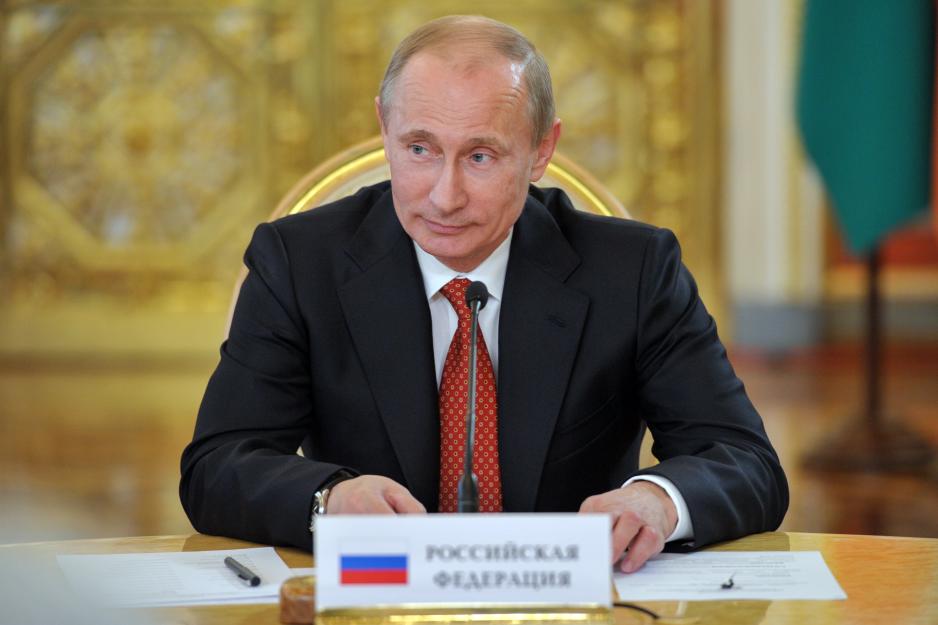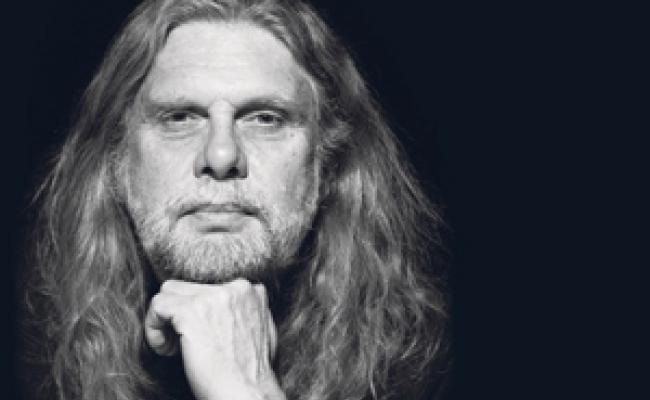Arne O. Holm says Arctic Council Without Russia: A Spearhead for Democracy and Freedom of Expression?

With Russia out of Arctic cooperation, the Arctic 7 resembles a defense for democracy and freedom of speech. (Photo: Kremlin.ru)
Commentary: The Arctic 7. We might s well learn the name right now. The cooperation between eight Arctic states has been reduced to seven. The Arctic Council is history after Russia’s invasion of Ukraine. What remains is the question of what the new forum can and should do.
USA, Canada, Iceland, Denmark, Sweden, Finland and Norway stand behind the decisions about continuing cooperation. Only three months after the required breakdown of the international organization a new forum has been established.
That is a wise and right decision.
Does not direct the Arctic
Russia as the power to invade a neighboring country, however, it neither can nor should have the power to direct the most necessary cooperation about search and rescue, climate and indigenous people, to mention but a few of the cooperation areas previously covered by the Arctic Council.
The idea now is to continue tasks, in particular in research, that do not include Russia.
The Council’s more visible and clear key position as a meeting place for Arctic foreign ministers ceases. That is understandable, yet also most regrettable. The Arctic Council as a resilient meeting place between not least the USA and Russia has been important because so many other international meeting places have been ripped to shreds in recent years.
If one looks at the remaining Arctic states, as mentioned in the introduction, they have more in common than just having a national border in the Arctic.
Democracy and freedom of speech
Six of the countries are at the top of the Economist’s democracy index.
The same countries are also on top of any list over press freedom and freedom of speech provided by recognized, international statistics providers
The countries share more than just borders in the Arctic.
It is more exclusive than what one might think at first glance. If I also mention that the Economist only acknowledges 22 of the countries in the world as democratic, and that the organization Reporters Without Borders argues that only 26 out of 180 countries have full press freedom, these placements should make quite an impression.
The USA is the only country out of the seven that has neither full press freedom nor genuine democracy, however, it still features a high score on both statistics.
Russia, the eighth Arctic state, is definitely at the opposite end of the scale and will after the invasion be measured as one of the world’s worst countries both when it comes to democracy, press freedom, and freedom of speech.
On top of the democracy scale
With Russia out of the Arctic cooperation, The Arctic 7 is very well equipped to bring both its research as well as its political engagement one step further. Just like there is a shortage on energy and food, democracy and freedom of speech are also found lacking in an international perspective.
New tasks
The Arctic is, despite the USA’s opposing it, a global big power, not a dwarf, in all four areas.
Once The Arctic 7 has taken stock of what projects may be continued without Russian involvement, there will be capacity to also initiate new ones.
Cooperation, democracy and freedom of speech will also be a solid foundation on which to build if the world some time in the future were to be ready to once again cooperate with Russia.
More from Arne O. Holm
This commentary was originally published in Norwegain and has been translated by HNN's Elisabeth Bergquist.



